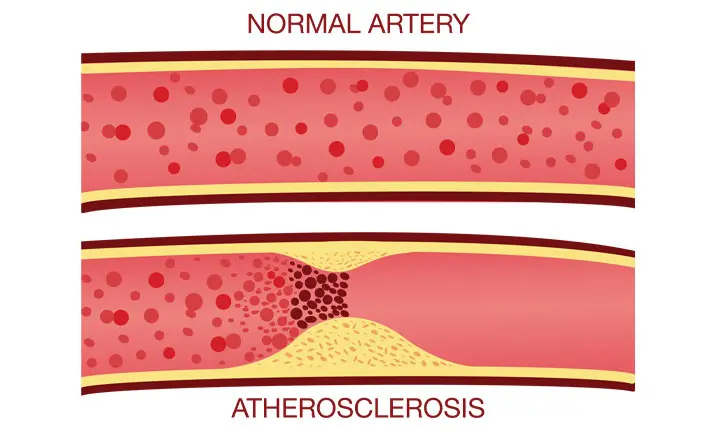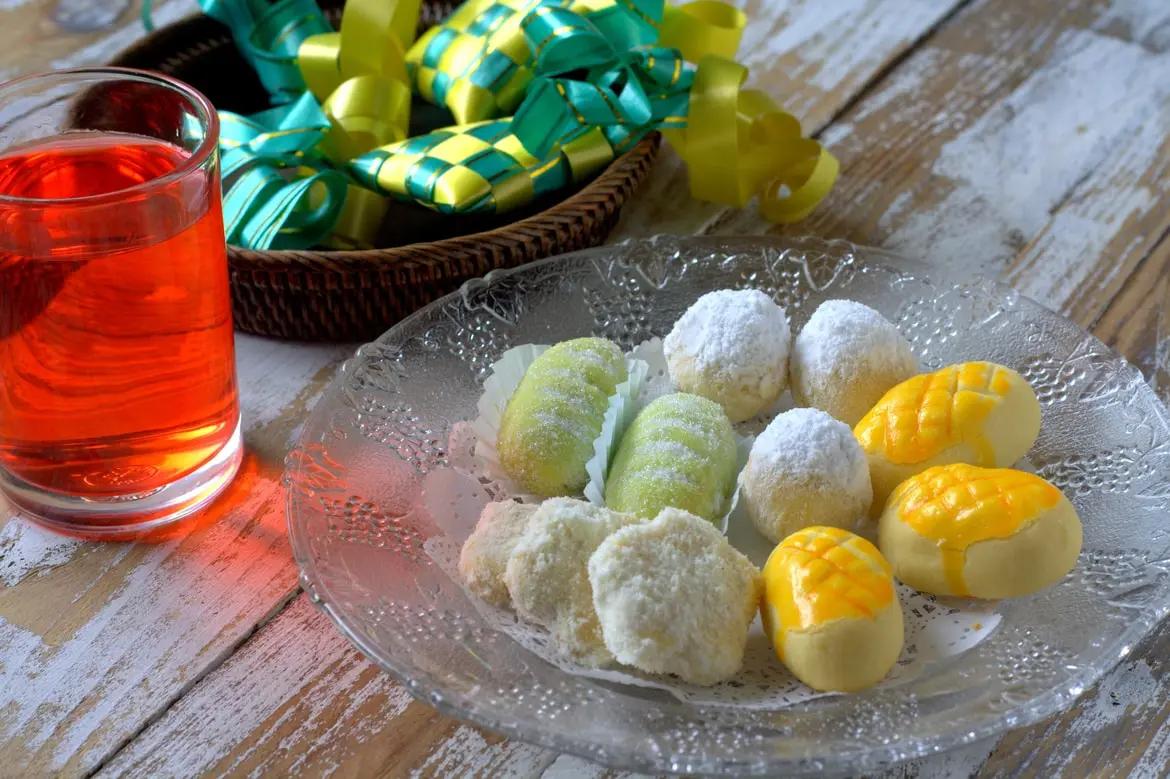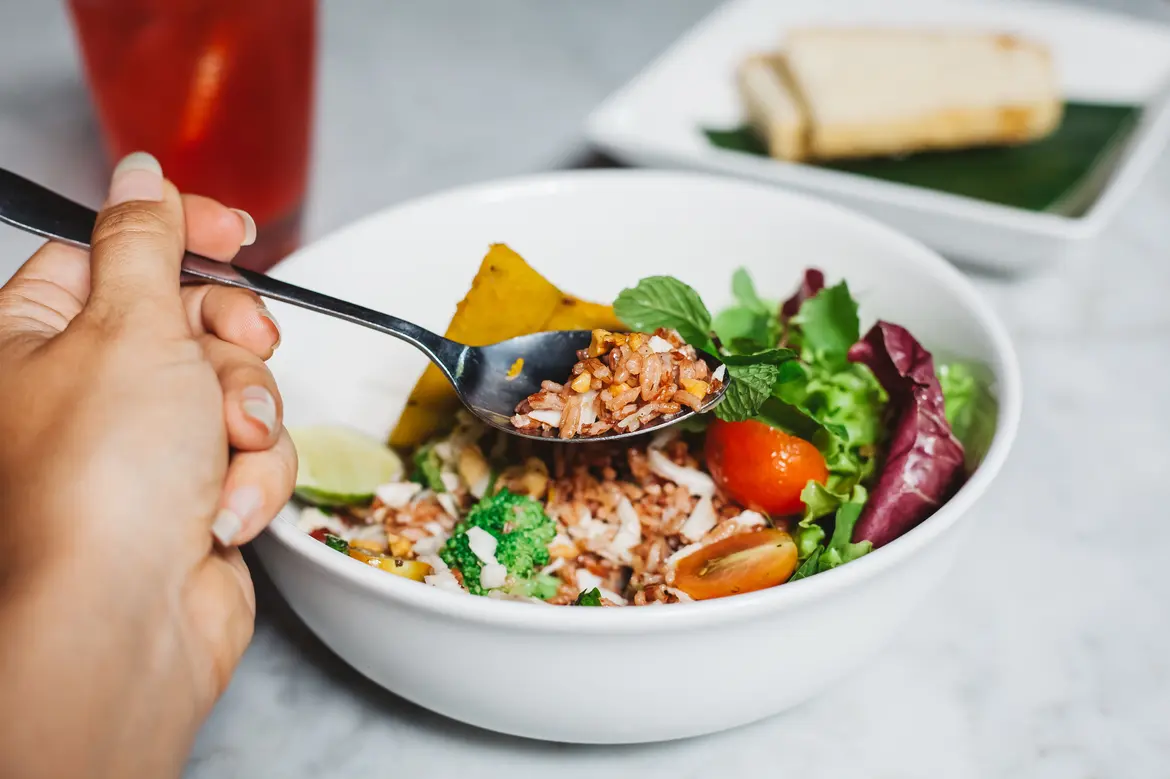Chinese New Year is around the corner, and with everyone getting together to enjoy good food, we can sometimes get a little carried away with our indulgences. From deep-fried delights to rich foods and irresistible snacks, we're spoilt for choice. However, as we enjoy our feasts, it is also important to be aware of the unhealthy aspects of such indulgences – that is, to watch out for overeating and health issues that can arise from it. While festive feasting alone isn't likely to cause severe issues, letting overeating develop into a habit can. Let's take this opportunity to remind ourselves about the long-term health risks of overeating.
Why is overeating bad?
It is generally fine to have that extra piece of pineapple tart or an extra slice of bak kwa. However, eating too much can cause some short- and long-term health issues. For instance, if you have been piling on too much, you may experience issues such as heart burn, a bloated stomach, or acid reflux. In the long run, you may face issues such as high cholesterol, high blood pressure, and develop heart disease and even diabetes.
1. High cholesterol
Cholesterol is a fatty substance in the blood, and having high cholesterol means that one has too much of that fatty substance in his or her blood. Mainly caused by eating fatty food, lack of exercise and alcohol consumption, high cholesterol can block the flow of blood in our blood vessels and increase the likelihood of heart problems or even stroke.
2. High blood pressure
Also known as hypertension, high blood pressure occurs when the heart pumps blood around one's body with a force that is greater than normal. It can be caused by several factors, with food-related ones being a high-salt diet, not eating enough fruits and vegetables, and drinking excessive amounts of alcohol or coffee. High blood pressure can put extra strain on blood vessels and organs such as the heart, and can result in health conditions such as kidney disease, heart problems and even stroke.
3. Heart disease
Heart disease often results when blood flow to the heart is affected. Symptoms may be mild, such as breathlessness or palpitations. In severe instances, it can result in blocked blood vessels that can lead to a heart attack, or even heart failure. Risk factors include unhealthy eating habits, excessive alcohol consumption, being overweight, and physically inactive.
4. Diabetes
A chronic condition that affects how your body turns food into energy, diabetes occurs when one's body is unable to produce insulin properly. Depending on its severity, it can lead to other health problems such as heart disease, kidney disease, stroke and nerve damage. Changes to diet and an active lifestyle, amongst other lifestyle habits, can stop or even reverse the condition.
3 ways to keep binge eating at bay
1. Make the calories count
Focus on quality, and not quantity. For example, instead of eating everything on the table, choose a few of your favourites instead, or the items that you don't usually get to eat. Alternatively, consider a smaller plate or cup to help regulate your consumption habits.
2. Watch how much you eat
When it comes to richer Chinese New Year food that are high in calories, sugar and fat, eat in moderation. For example, bak kwa and pineapple tarts have a high sugar content, so do limit these sources of unhealthy sugar content. Also, go easy on the drinks, or request for drinks with a lower sugar content. Keep your alcoholic beverage intake to less than 2 drinks per day, especially if you are pre-diabetic or have diabetes. Try to fill your stomach with carbohydrates like pasta or rice or snacks like crackers and breadsticks to avoid drinking alcohol on an empty stomach.
3. Eat slowly
Instead of scarfing down your food, take the time to savour it. Chew thoroughly, so that you can reduce your tendency to binge, ease the digestion process, and also enjoy your meal to the fullest.
While everyone is entitled to a little indulgence especially during the festive season, we want to emphasise that moderation is key. The occasional indulgence is usually fine, but do avoid making overeating a habit. Enjoy your Chinese New Year feasts, stay healthy, and here's to a fruitful and prosperous year ahead.














